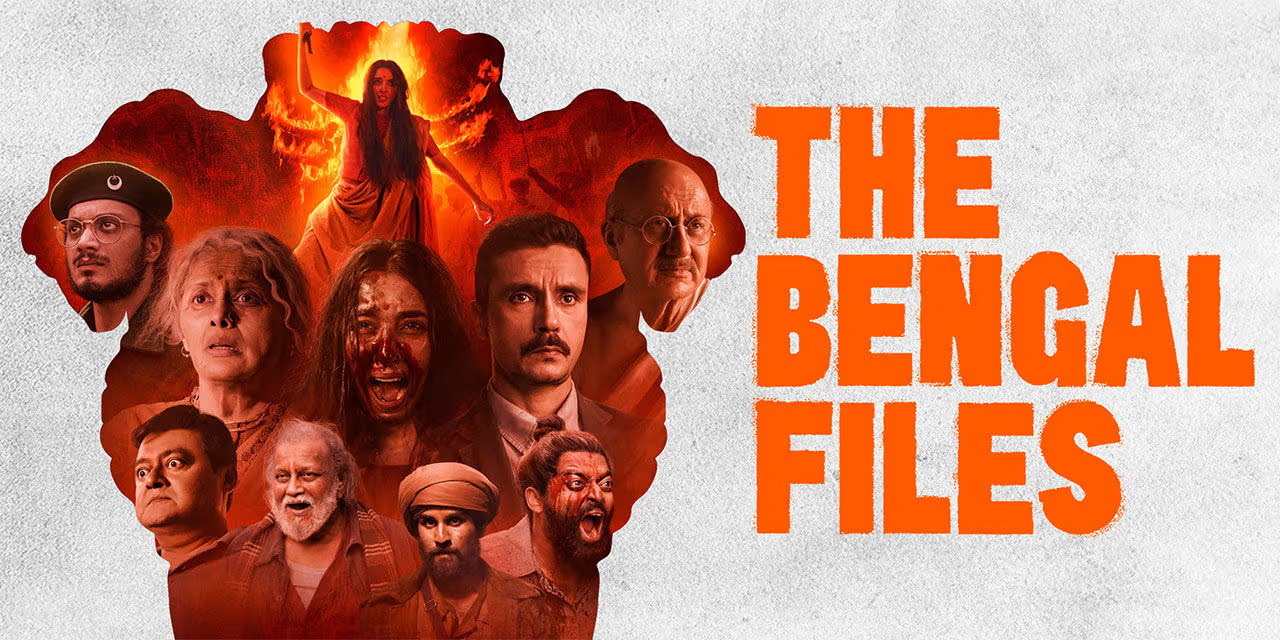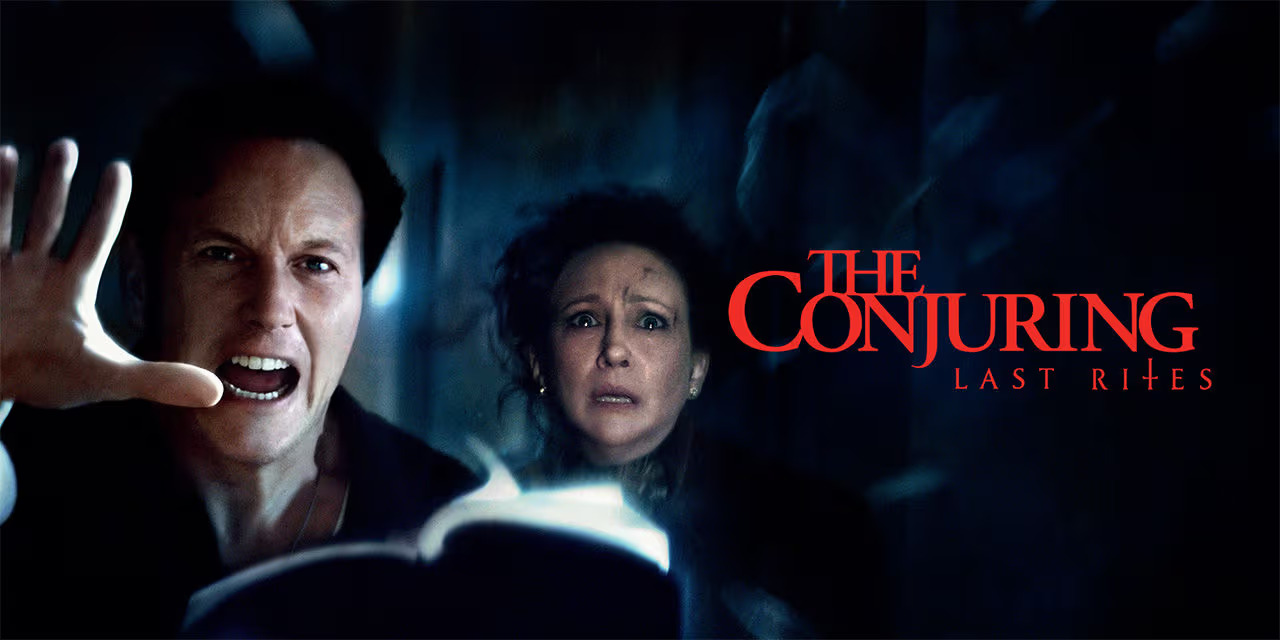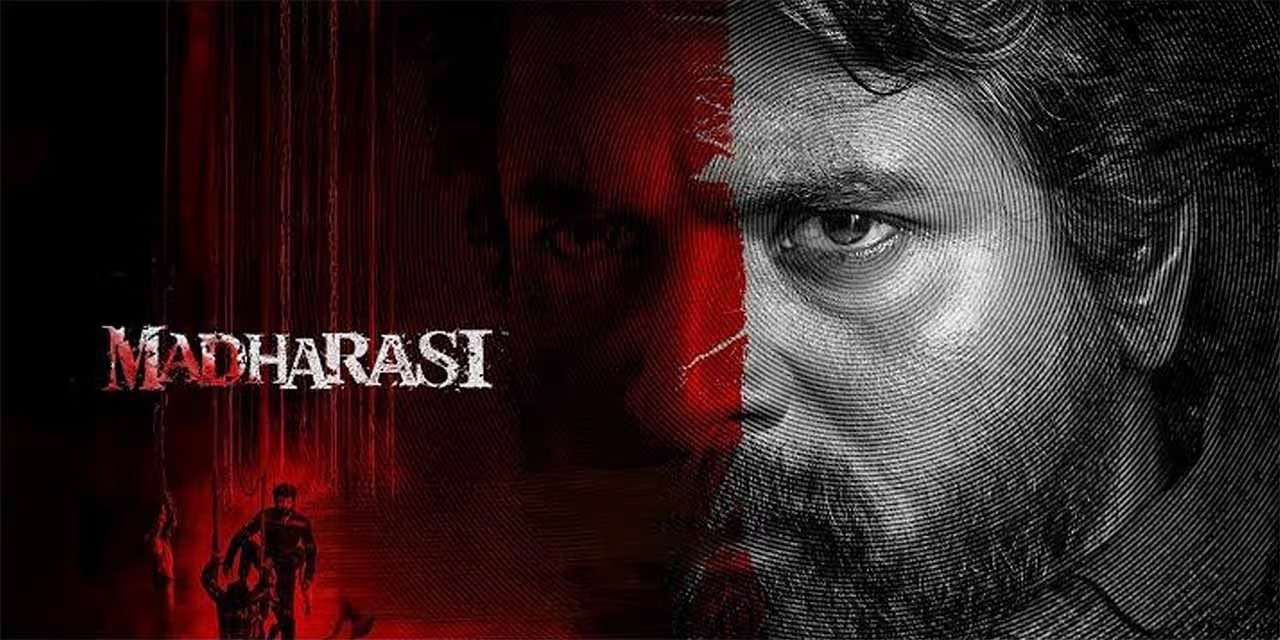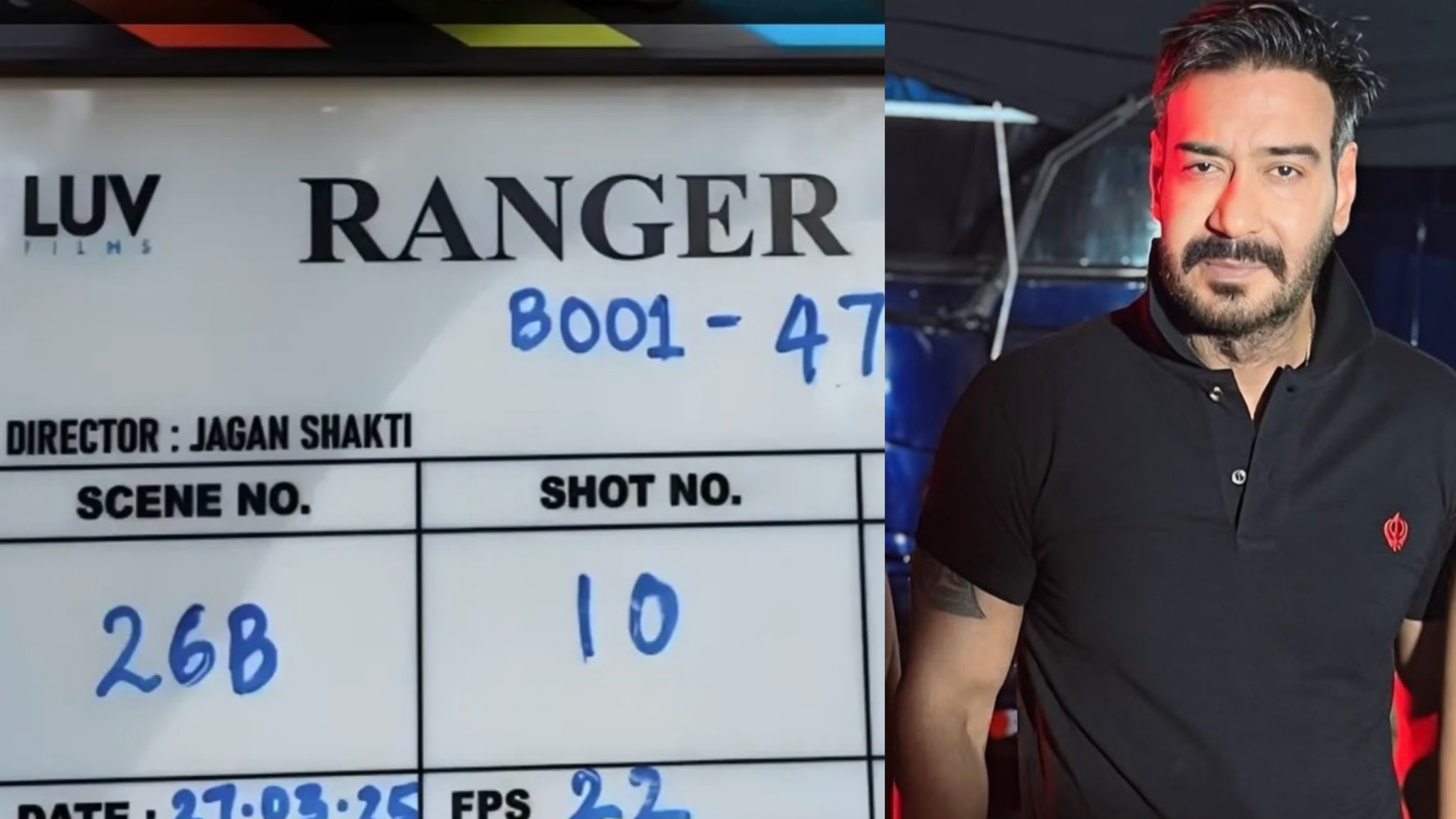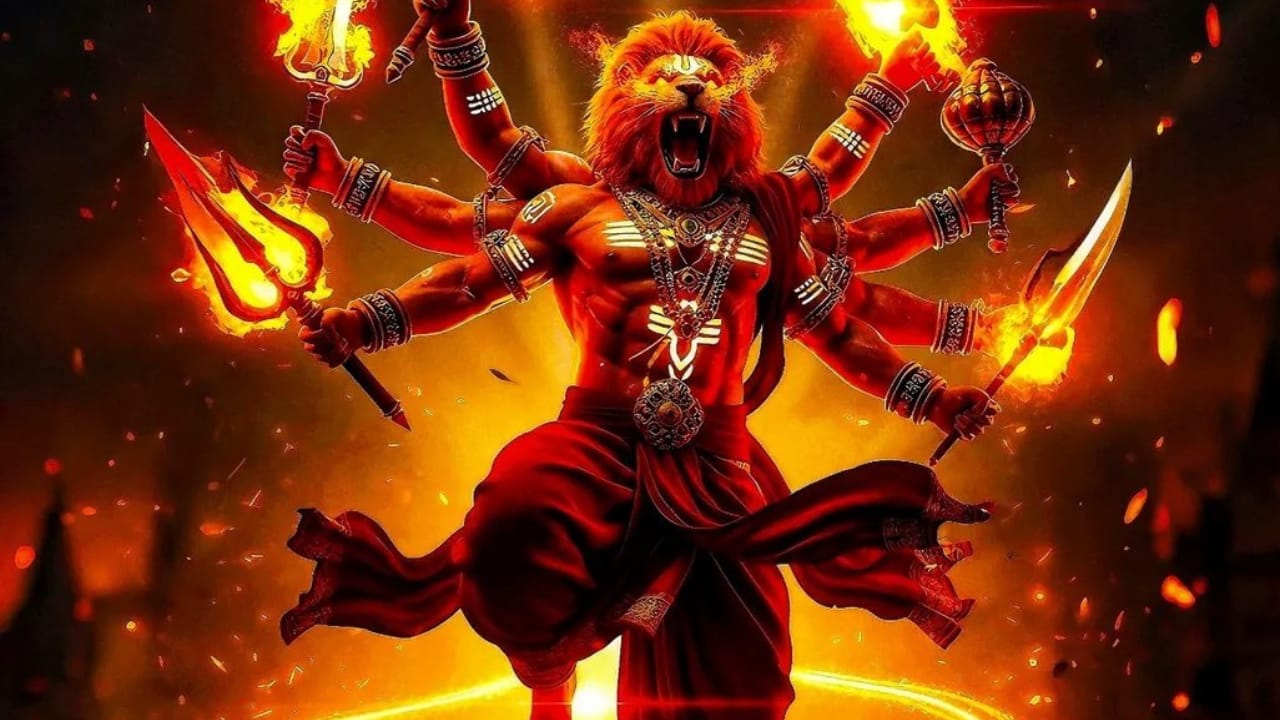The Bengal Files Review – A chilling reminder of the chapters textbooks skipped. Hard-hitting & a must-watch!
Rating: (4☆/5)
Vivek Ranjan Agnihotri’s The Bengal Files arrives as a film that refuses to be ignored. It is not crafted for entertainment or escapism; it is built to disturb, provoke, and awaken. As the final chapter in Agnihotri’s Files Trilogy, the movie travels back to Bengal of 1946, revisiting the horrors of Direct Action Day, the Calcutta killings, and the Noakhali riots chapters that were pivotal in India’s history yet seldom find space in our textbooks.
The story is framed through the investigation of Bharti Banerjee’s disappearance, led by officer Shiva Pandit. What begins as a search for one missing girl soon becomes a doorway into Bengal’s buried past, where communal tension, betrayal, and bloodshed shaped the destiny of millions. The thriller-like beginning gradually expands into a historical saga, drawing viewers into a narrative that feels both personal and political.
Performances give the film its intensity. Pallavi Joshi as an older Bharti embodies trauma with fragility and grace, while Mithun Chakraborty delivers a raw, unsettling portrayal of a man scarred by the violence he witnessed. Anupam Kher, as Gandhi, and Rajesh Khera, as Jinnah, capture the ideological divide of that era without slipping into caricature. Each character seems to carry the weight of history on their shoulders, ensuring the film never loses its gravity.
Cinematically, the film is relentless. The camera lingers on corpses, fire, and devastation, refusing to let the viewer look away. The violence is stark and graphic, but it serves a purpose. it forces us to confront the brutality of a time we have collectively ignored. At moments, the visuals feel overwhelming, yet they are never hollow; they are meant to make us uncomfortable, to make silence impossible.
The narrative is not without its flaws. Its length stretches over three hours, and the script occasionally slips into melodrama, slowing the pace. But even in its unevenness, the film remains gripping because of the urgency of its subject.
What lingers long after the credits roll is the reminder that this is not just a story about Bengal. It is about the cost of forgetting. The film exposes how events of 1946 shaped the partition that followed, how lives were uprooted, and how collective memory was allowed to fade. By confronting what was erased from our lessons, The Bengal Files reclaims history not as distant fact but as lived pain.
This is cinema that does not flatter, does not entertain in the conventional sense, and certainly does not let you walk away untouched. It is flawed, yes, but it is also powerful, urgent, and necessary.
| Pros | Cons |
|---|---|
| Bold, uncompromising storytelling | Lengthy runtime (3+ hours) |
| Stellar performances (Mithun, Pallavi Joshi) | Occasional melodrama |
| Powerful cinematography, unflinching visuals | Pacing dips in the middle |
| Revisits forgotten history with urgency | Heavy, emotionally exhausting |
| Strong ideological portrayals (Gandhi vs Jinnah) | Not suited for casual viewing |
The Bengal Files is not an easy watch. it is a necessary one. Despite its flaws, the film leaves a lasting impact and reopens pages of history that were long forgotten.
